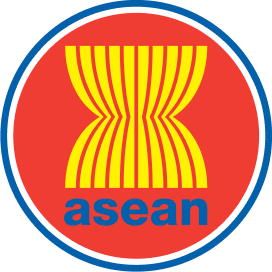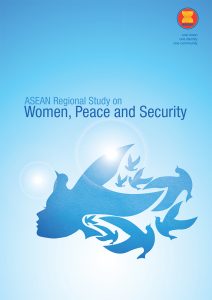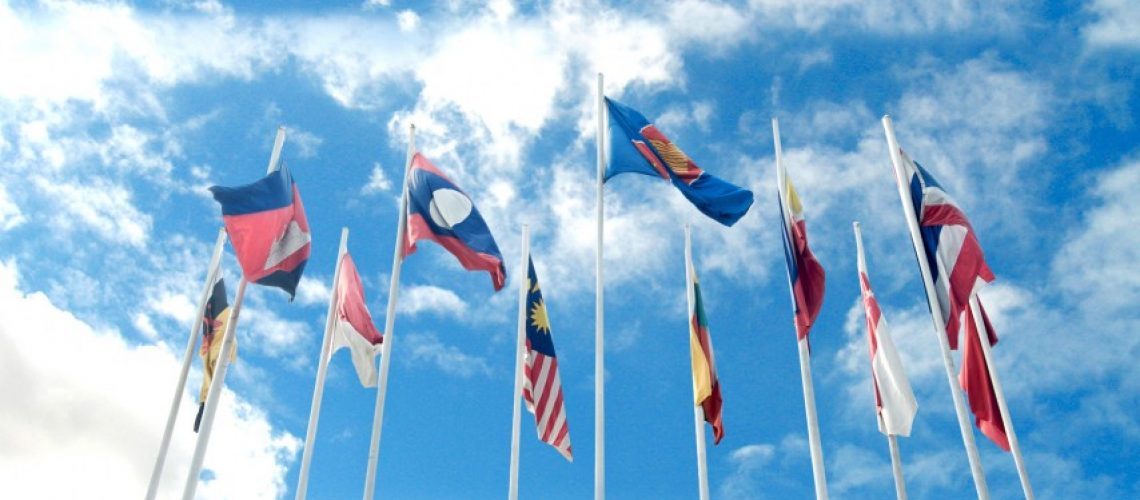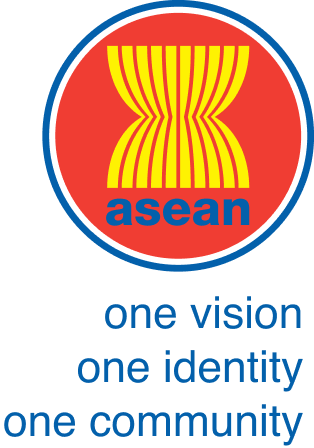


While the 2017 ASEAN Declaration on Gender-Responsive Implementation of the ASEAN Community Vision 2025 and the Sustainable Development Goals focused on gender equality across the region, another key declaration adopted at the 31st ASEAN Summit in Manila, the Philippines addressed the crucial role of women in peace and security. The Joint Statement on the Promotion of Women, Peace and Security in ASEAN highlights ASEAN's commitment to implementing the United Nations Security Council Resolution 1325 (UNSCR 1325) and its subsequent resolutions on Women, Peace and Security (WPS).
The statement acknowledges the disproportionate impact of armed conflict on women and girls. It emphasises the importance of women's participation in all stages of peace processes, from prevention and conflict resolution to peacekeeping and post-conflict reconstruction. This aligns with the core principles of UNSCR 1325, which calls for increased participation of women in decision-making related to peace and security.
A Web of Regional Support
ASEAN has woven a web of regional support for the WPS agenda. The first Regional Symposium on Implementing WPS in ASEAN in 2019 fostered dialogue and knowledge-sharing among member states, laying the groundwork for collective action.
To inform a comprehensive approach, the ASEAN Regional Study on WPS in 2021 provided valuable insights.
The study, along with inputs from Member States, formed the foundation for the landmark Regional Plan of Action (PoA) on WPS in 2022. This five-year roadmap (2023-2027) serves as a blueprint for regional cooperation on achieving the goals of UNSCR 1325.
ASEAN’s commitment extends beyond its borders. The 2019 ASEAN side events on WPS at the Beijing+25 Review showcased their dedication to the cause on a global stage. The ASEAN-Australia Women, Peace and Security Dialogue (2018-2020) fostered collaboration with a key regional partner. The Advisory Group on WPS and ASEAN Regional Plan of Action (2022) oversees the implementation of the plan, ensuring its effectiveness.
Building the capacity of women peacebuilders is another crucial aspect. The Regional Programme on Empowering Women for Sustainable Peace in 2021 equips women with the skills and knowledge needed to be active participants in peace processes. The recent 2023 ASEAN WPS Summit: High Level Dialogue to Advance the Implementation of the Regional Action Plan on Women Peace and Security further underscores ASEAN’s ongoing commitment to progress.
Finally, a dedicated website on ASEAN’s work on WPS serves as a valuable resource for information and updates: https://wps.asean.org/.
Through these regional efforts, ASEAN demonstrates its unwavering commitment to building a more peaceful and secure future, where women play a pivotal role in shaping a more just and equitable world.
